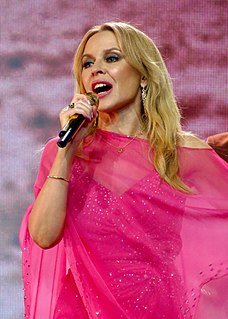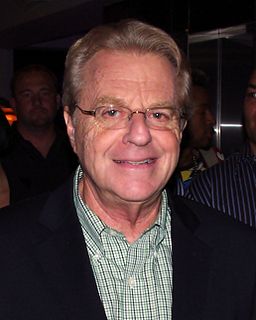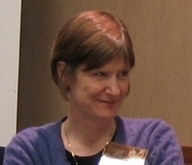A Quote by Anne Murray
When my son was in his teens, he was a really fine drummer. He was asked in an interview if he would consider going into the business. And he said, 'Why would I ever go into the business that took my mother from me?'
Related Quotes
Wherever I went, I became a son-in-law. It was a terrible phase for me. I had to work double hard to get back my identity. Whenever I gave an interview, the first question would invariably be, 'What is it like to be his son-in-law?' Now that question comes somewhere in the middle of the interview. Hopefully, soon, it won't be asked at all.
... the man took my passport and asked me the purpose of my visit, I wrote in my daybook, 'To mourn,' and then, 'To try to live,' he gave me a look and asked if I would consider that business or pleasure, I wrote, 'Neither.' 'For how long do you plan to mourn and try to live?' I wrote, 'For the rest of my life.
When [Jean-Paul] Sartre was asked whether or not he would live under a communist regime he said, "No, for others it's fine, but for me, no." He said it! So it's hard to say just how intellectual his stance is. How can you think that never in your life would you go to live in a communist regime and still say it's fine for everybody? A very difficult thing, that, but Sartre managed it.
And you're not leaving," she said. "Promise me." It was as if she had asked him to promise to keep breathing, to notice sunshine, to permit the spinning of the earth. What choice did he have? Even if he left her, she would be camped in his heart, an insistent and willful presence. She would match her strides to his on any journey he ever took; she would lie beside him on any bed. Amalie, he said, "that's the easiest promise I've ever had to make.
I got on the phone with the president of my label and I said, "Obviously, I write songs in a lot of styles and play a lot of different kinds of music. We're getting toward the end of our business collaboration. If you could envision a record that you wanted to hear from me, what kind of record would it be?" It wasn't like asking him to fill an order, it was really just a conversation. For all the things I'd ever asked him, this was one thing I'd never asked, and I don't know why. So I was curious. And the thing that he was most interested in hearing was a solo record.
My son is a gentleman and a professional who is pursuing something difficult. Yet the only thing he has ever asked me for is advice - never favors. He has just said, "What do you think I should do, Dad?" It's extraordinary to me that my son would listen to and have faith in whatever wisdom I can offer.
I started on the clarinet. I was going to a music school - my mother took me - and the guy said, 'What do you want to play?' I said the drums, and my mother said, 'No, you don't. You don't want to play the drums.' So I said, 'Maybe the trumpet would be cool.' And my mother said, 'I don't think so.' And then the clarinet was handed to me.
To retire by the age of 35 was my goal. I wasn't sure how I was going to get there though. I knew I would end up owning my own business someday, so I figured my challenge was to learn as much as anyone about all businesses. I believed that every job I took was really me getting paid to learn about a new industry. I spent as much time as I could, learning and reading everything about business I could get my hands on. I used to go into the library for hours and hours reading business books and magazines.
I was spurred by the fact that having worked for women's magazines myself as a journalist, if you go off and interview a female celebrity, I'd just go in and interview them like I'd interview any human being and talk about the things that interested me. And you'd come back, and you'd file your copy. And then my editor would read through my copy and go, why haven't you asked them if they want kids? And I'd be like, well, I don't know, I interviewed Aerosmith last week. And I didn't ask them that.
Well, one time some attractive woman sat next to Charlie and asked him what he owed his success to, and, unfortunately, she insisted on a one word answer. He had a speech prepared that would have gone on for several hours. But when forced to boil it down to one word, he said that was "rational". You know, he comes equipped for rationality, and he applies it in business. He doesn't always apply it elsewhere, but he applies it in business and that has made him a huge business success.




































